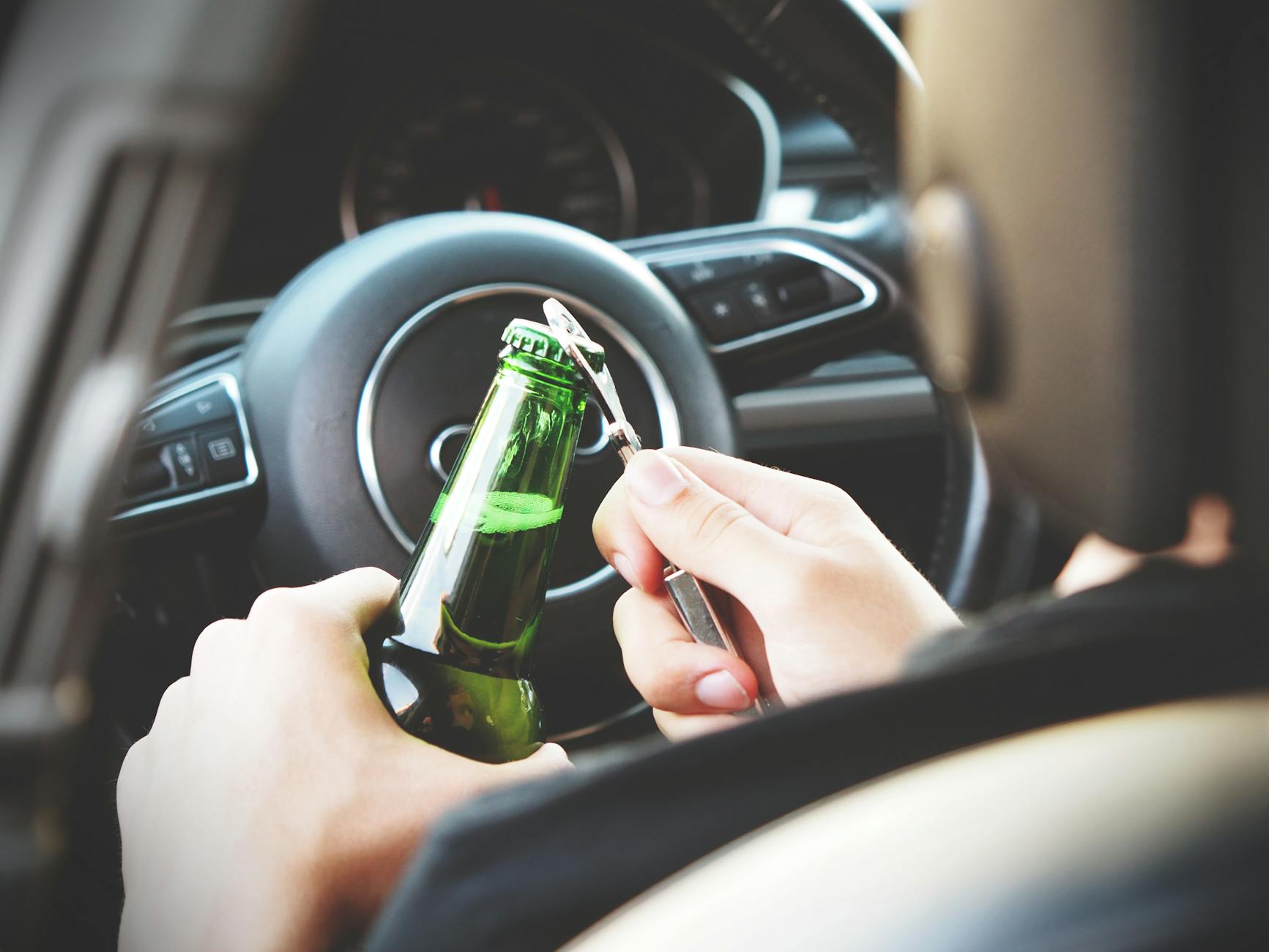Discover the secret formula for determining how many beers it takes to get drunk and unlock the buzz factor mystery.
Table of Contents
Have you ever found yourself pondering the age-old question: how many beers does it take to get drunk? It’s a question that many individuals have asked at some point in their lives, whether out of curiosity or a desire to understand their limits. In this blog post, we will delve into the science behind alcohol metabolism, individual tolerance levels, and the various factors that can influence intoxication levels.
Understanding Alcohol Metabolism
alcohol metabolism is a complex process that begins as soon as you take your first sip. When you consume alcohol, it is absorbed into the bloodstream through the stomach and small intestine. From there, it travels to the liver, where enzymes break it down into acetaldehyde and then further metabolize it into acetate. This entire process can take time, which is why you may not feel the effects of alcohol immediately after drinking.
Factors such as gender, weight, and age can play a significant role in how quickly your body metabolizes alcohol. Generally, men tend to metabolize alcohol more quickly than women due to differences in body composition. Additionally, individuals with a higher body weight may have a higher tolerance for alcohol, as the alcohol is distributed more evenly throughout their body.
Factors Influencing Intoxication
There are several factors that can influence how intoxicated you become after consuming alcohol. One key factor is the type of alcohol you drink and its alcohol content. Beers typically have a lower alcohol by volume (ABV) compared to spirits, which means you may need to consume more beers to achieve the same level of intoxication.
The speed at which you drink and whether you have eaten recently can also impact your intoxication levels. Drinking alcohol quickly can lead to a faster increase in blood alcohol concentration, while consuming food alongside alcohol can help slow down the absorption of alcohol into the bloodstream.
Hydration and other lifestyle factors, such as sleep and stress levels, can also influence how alcohol affects you. Staying hydrated can help your body process alcohol more efficiently, while inadequate sleep and high stress levels may exacerbate the effects of alcohol.
Individual Tolerance Levels
Alcohol tolerance varies from person to person and can be influenced by a variety of factors. Genetics and family history play a significant role in determining how well your body can handle alcohol. Some individuals may have a genetic predisposition to metabolize alcohol more quickly, while others may have a lower tolerance due to their genetic makeup.
Regular alcohol consumption can also impact your tolerance levels. The more frequently you drink, the higher your tolerance may become as your body adjusts to the presence of alcohol. However, it’s important to note that tolerance does not equate to immunity to the effects of alcohol, and it’s crucial to know your limits and practice responsible drinking habits.
Conclusion
As we’ve explored in this blog post, the question of how many beers it takes to get drunk is a complex one with no definitive answer. Alcohol metabolism, individual tolerance levels, and various factors influencing intoxication all play a role in determining how alcohol affects you. It’s essential to be mindful of your alcohol consumption, know your limits, and make informed decisions when it comes to drinking.
Whether you’re a seasoned drinker or someone who rarely imbibes, understanding the science behind alcohol intoxication can help you make smarter choices and stay safe while enjoying a drink. So next time you find yourself wondering how many beers it takes to get drunk, remember to consider all the factors at play and drink responsibly.
FAQ
Question 1: How does gender influence alcohol metabolism?
Answer 1: Generally, men metabolize alcohol more quickly than women due to differences in body composition and enzyme levels.
Question 2: Does eating before drinking affect intoxication levels?
Answer 2: Consuming food alongside alcohol can help slow down the absorption of alcohol into the bloodstream, reducing intoxication levels.
Question 3: Can genetics impact alcohol tolerance?
Answer 3: Yes, genetics and family history play a significant role in determining how well your body can handle alcohol and influence your tolerance levels.
Question 4: How does hydration affect alcohol consumption?
Answer 4: Staying hydrated can help your body process alcohol more efficiently, potentially reducing the effects of alcohol consumption.


Leave a Reply